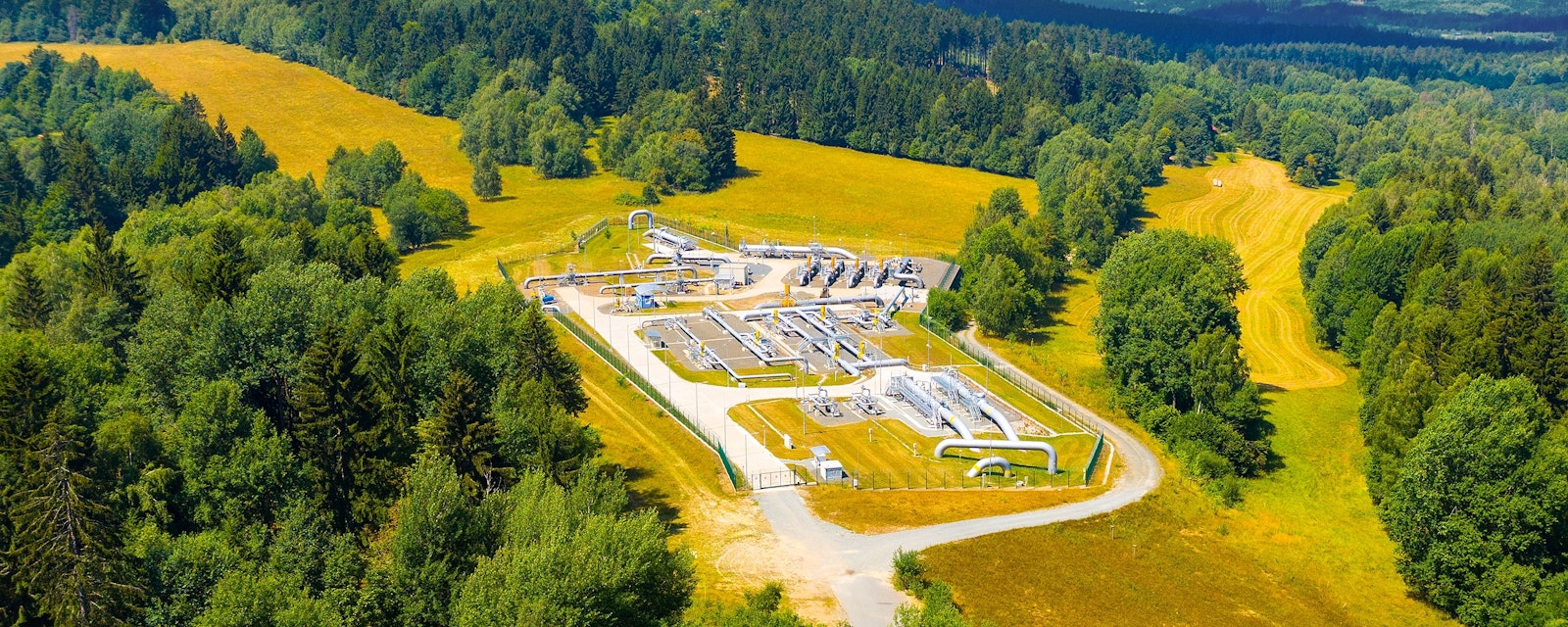As Russian gas deliveries via Nord Stream 1 have been reduced to 20%, a gas rationing scenario is becoming ever more likely in winter. This situation poses questions not just about the management of limited gas supplies, but also regarding domestic support measures and German strategy towards the Ukraine war. This note addresses the domestic (and European) political state of play on all three issues ahead of the summer.
Gas Supplies
EU members have agreed to reduce their gas consumption by 15%, but there are many exemptions, and the role of national capitals has been strengthened at the expense of the Commission. An element of political payback for the Eurozone crisis might well be in play now that Germany is facing its own unaddressed structural issues in the form of its dependence on Russian gas.
But as member states will now have to determine how much gas to save where and when, the politics of gas supplies will be more than a mere morality tale. The immediate willingness to show solidarity with Germany might be limited. On the other hand, the bloc’s largest economy – and the key underwriter for its various crisis support funds – is systemically relevant to the rest of the EU.
Meanwhile, the domestic conversation has shifted to the treatment of industry in case of gas rationing. Rules might have to be adjusted given that households currently have absolute priority in such a scenario, endangering the country’s crucial industrial sector. The government has also acquired the power to introduce a gas levy, distributing price increases among all consumers to prevent a repetition of the situation at now bailed-out importer Uniper. But lower income groups would require additional assistance if such a levy were to be introduced.
Support Measures
The debate about more support is already underway. Politically, this is being complicated by the commitment of Finance Minister Christian Lindner’s fiscally conservative Liberals (FDP) to return to a balanced budget for 2023. But this looks highly likely to slip in a rationing/recessionary scenario.
Timing will matter. For now, Chancellor Olaf Scholz’s Social Democrats (SPD) are still adamant that they cannot override the FDP’s rejection of new support in 2022 on top of the recent EUR 30bn program. Interrupting his holiday to announce the Uniper bail-out in Berlin, Scholz instead announced an expansion of the housing benefits system to help with higher energy costs as of 1 January 2023. He insisted on the same timeline for expanding the “Hartz” welfare system into a form of basic income. As this was already announced in last year’s coalition agreement, current FDP misgivings about this weigh less heavily.
The debate about more immediate measures will also continue. On 31 August, the EUR 9 flat rate ticket for local public transport and the energy tax and VAT cuts on fuel will expire. At least a means-tested version of the former could get extended, given the ticket’s popularity. Respective FDP concessions could also form part of a larger package that might extend the lifespan of the remaining three nuclear power blocs, which would be painful for the Greens. An Autobahn speed limit and scrapping (already reduced) VAT on food are also being discussed within political parties.
Support for Ukraine
The cloudy domestic outlook also creates new questions about Germany’s positioning towards Russia’s war on Ukraine. Overall public opinion remains in favor of solidarity with Kyiv, especially among the voters of mainstream parties. At the same time, previously discussed differences between Western Germany and the formerly communist East prevail, and the Ukraine question is considered a divisive issue by a majority of Germans. The speed and scope of weapons deliveries to Ukraine and Eastern NATO partners such as Poland continue to cause diplomatic incidents. For this, Scholz is under constant public attack from within his own coalition, while center-right opposition leader Friedrich Merz engages in parallel diplomacy, now traveling to Warsaw after a previous trip to Kyiv.
The idea that Germany would try to push Ukraine into an agreement with Russia hardly reflects the realities of domestic politics. Rather, Scholz appears to continue betting on what might ultimately turn out to be the center point of the German debate on Ukraine. This means a continued commitment to sanctions, financial support, weapons deliveries, and taking in refugees. It also entails the view that negotiations with Moscow are currently impossible, and that Russia must not be allowed to dictate a peace agreement to Ukraine. Finally, gas rationing in winter would only strengthen the political consensus to end reliance on Russian hydrocarbons over the coming months.
Beyond this, the question will arise whether the war can be allowed to turn into a permanent conflict with destruction, war crimes, refugees, and risks of miscalculation at the geographical center of Europe. Rather than pushing Ukraine into an agreement, the prospect of EU enlargement might, once again, prove to be a powerful incentive and a tool for stabilizing Germany’s regional environment. Even if full membership remains unrealistic, the economic and financial benefits of substantially closer EU ties for (Western) Ukraine could, at some point, help garner support for the trade-offs associated with any truce. However, Berlin is clear that Russia’s invasion first needs to stall more comprehensively.





